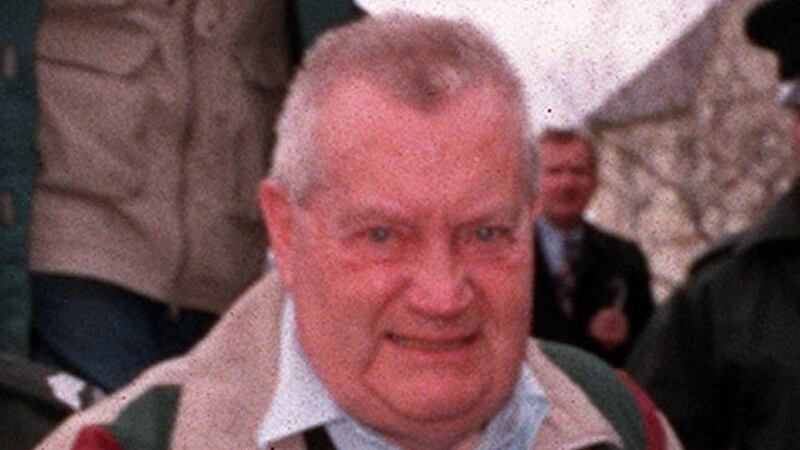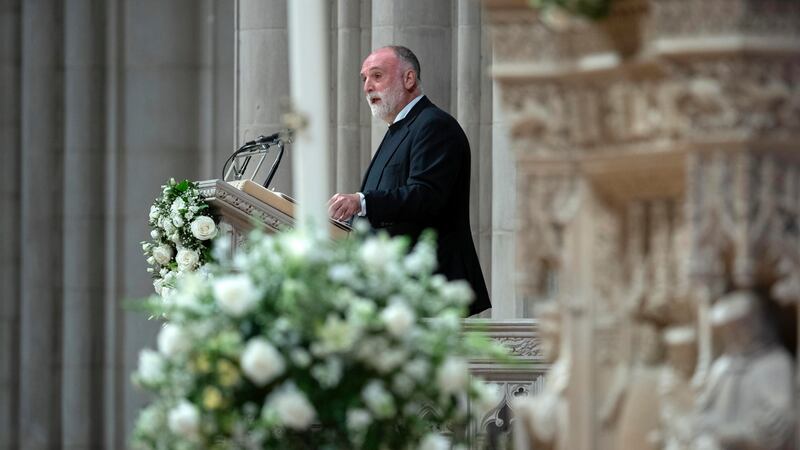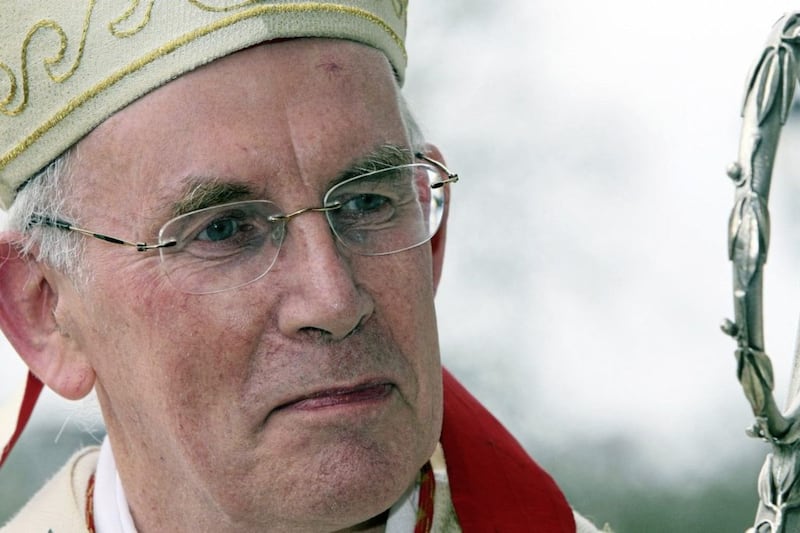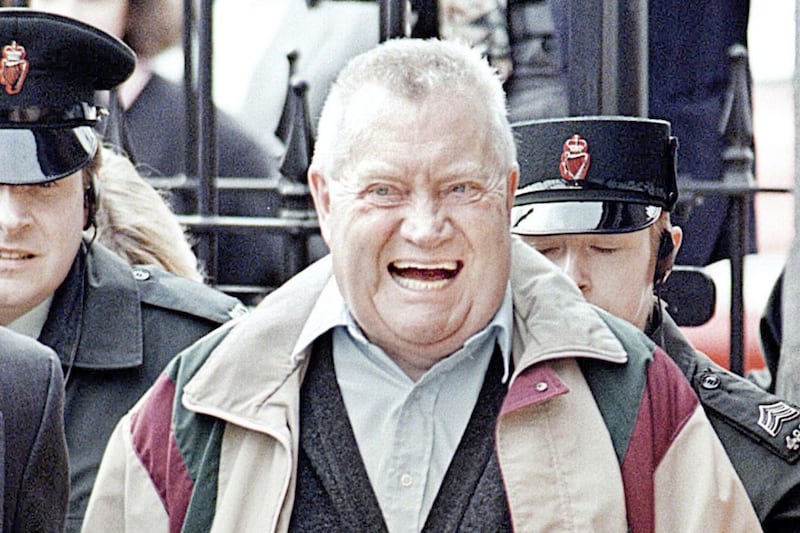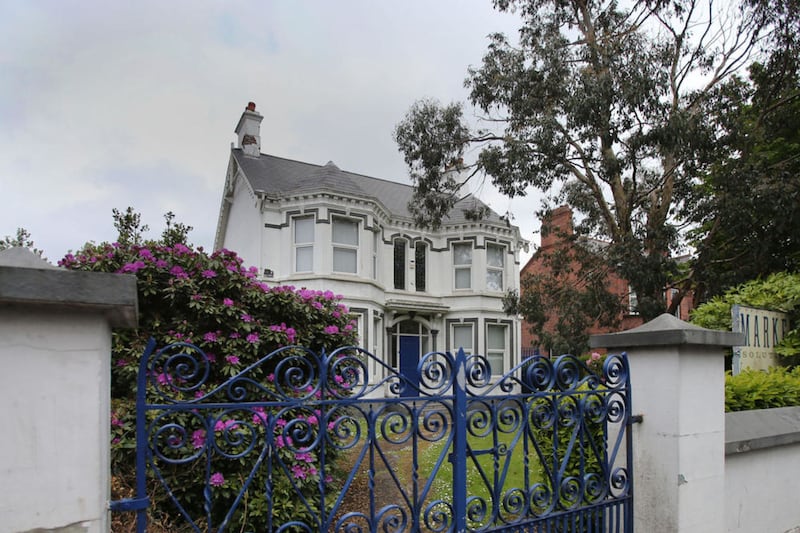PAEDOPHILE priest Brendan Smyth's involvement in some Catholic residential homes will be investigated by Northern Ireland's public inquiry into child abuse next month.
The Historical Institutional Abuse (HIA) inquiry is also to investigate three more state-run institutions.
Chairman Sir Anthony Hart announced yesterday that HIA had extended its work to cover Hydebank Young Offenders Centre in south Belfast and former homes at Fort James and Harberton House, Derry.
The section focusing on issues arising from the actions of Smyth, a serial child molester who frequented some Catholic residential homes.
The inquiry has been investigating homes run by religious orders.
"We wish to announce that we are adding three more institutions to the list, and one individual, bringing the total of homes and matters to be investigated to 18," Sir Anthony said.
Fort James and Harberton House will be dealt with together in Module Five, which will take place next month while the activities of Brendan Smyth in a number of homes in Northern Ireland will be heard in Module Six.
Smyth, who was at the centre of one of the first clerical child sex abuse scandals to rock the Catholic Church in Ireland, was eventually convicted of more than 100 child abuse charges on both sides of the border.
He died in prison in 1997 following a heart attack just a month into his 12 year prison sentence.
A representative of the Sisters of Nazareth nuns has accepted that the Belfast priest visited Narareth House and Nazareth Lodge residential homes and sexually abused children.
The inquiry has also heard he was among the offenders at Rubane House boy's home in Kircubbin, Co Down.
The HIA `module' focusing on his actions will commence on June 22 and is expected to conclude by the end of the month.
In total, the inquiry is expected to hear from more than 300 witnesses during the public evidence sessions.
The investigation, is considering cases between 1922 - when Northern Ireland was founded - and 1995.
It does not have the power to find anyone guilty of a criminal offence, but evidence of any crimes committed can be passed on to the PSNI.
The inquiry is required to complete its hearings and all investigative work by mid-summer 2016, and has to submit its report to the Northern Ireland Executive by January 17 2017. Among its recommendations could be compensating victims who have alleged they were abused.
